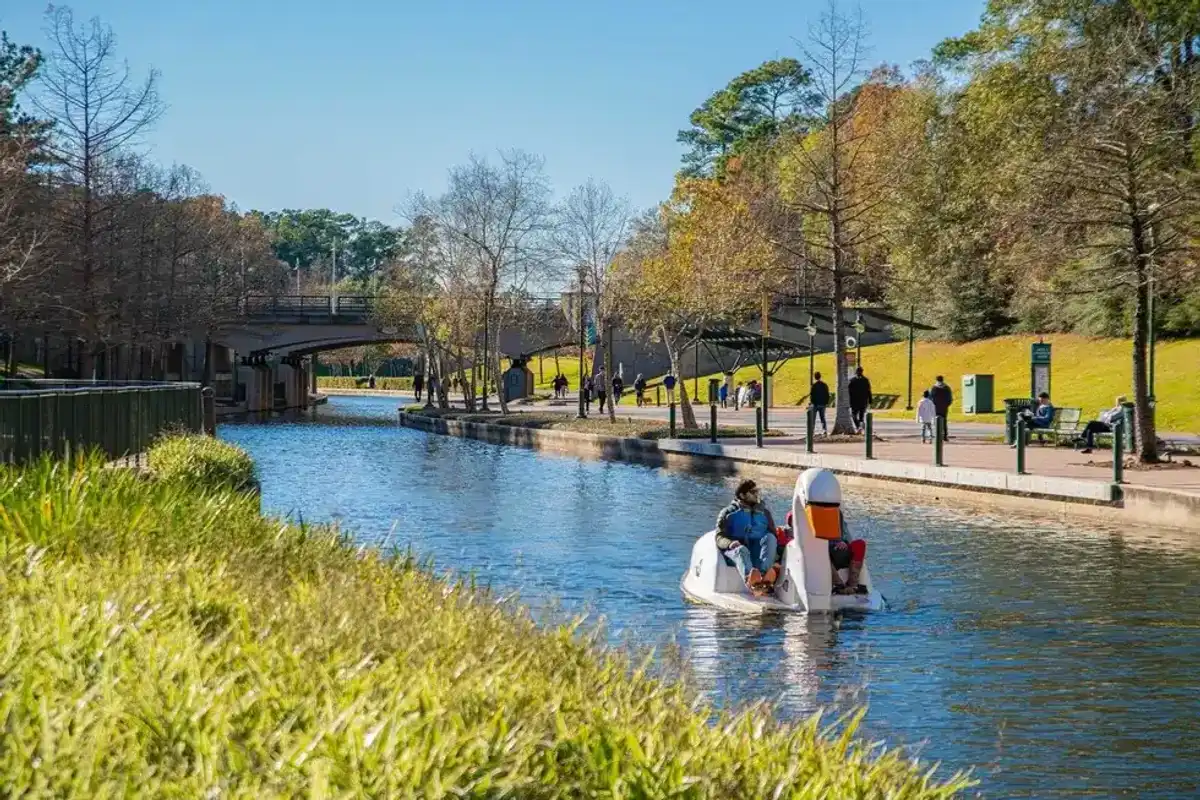Houston university students earn top honors at global energy-poverty competition
Winner, winner
A student-led team from the University of Houston and Texas A&M University took home top prizes at last month's Switch Energy Alliance Case Competition.
Competing virtually against 145 teams from 34 countries, the students, known as The Dream Team, won third place for their plan to address energy poverty in Egypt and Turkey. They were awarded $5,000 in prize money.
The competition challenges student teams to solve real-world energy problems to "drive progress towards a sustainable and equitable energy future," according to the Switch competition's website.
“The Switch competition tackles major issues that we often don’t think about on a daily basis in the United States, so it is a really interesting and tough challenge to solve,” Sarah Grace Kimberly, a senior finance major at UH and member of the team, said in a statement from the university
Kimberly was joined by Pranjal Sheth, a fellow senior finance major at UH, and Nathan Hazlett, a finance graduate student at TAMU with a bachelor’s degree in petroleum engineering.
The Dream Team developed a 10-year plan to address Egypt and Turkey's energy poverty that would create 200,000 jobs, reduce energy costs and improve energy access in rural areas. Its major components included:
- Developing rooftop and utility-scale solar farms and solar canopies over irrigation canals
- Expanding wind power capacity by taking advantage of high wind speeds in the Gulf of Suez and Western Desert
- Deploying cost-efficient technologies along the Nile for rural electrification
“People in the United States should be extremely thankful for the infrastructure and systems that allow us to thrive with power, food and water,” Sheth said in the statement. “Texas went through Winter Storm Uri in 2021—people were without electricity for weeks, and lives were lost. It still comes up in conversations, but certain regions of the world, developing nations, live that experience almost every day. We need to make that a larger part of the conversation and work to help them.”
Team Quwa, a team of four students from the University of Texas at Austin, took home second place and $7,000 in prize money.
“This journey was both intellectually enriching and personally fulfilling,” Mohamed Awad, a PhD candidate at the Hildebrand Department of Petroleum and Geosystems Engineering, said in a statement from UT. “Through the case competition, we had an opportunity to contribute meaningful ideas to address a critical global issue.”
Team Energy Nexus from India earned the top prize and took home $10,000, according to a release from Switch.
Switch Energy Alliance is an Austin-based non-profit that's focused on energy education. The Switch competition began in 2020. Teams of three to four students create a presentation and 15-minute video. The top five teams present their case studies live and answer questions before a panel of judges.
More than 3,200 students from 55 countries have competed over the years. Click here to watch the 2024 final round.
------
This article originally ran on EnergyCapital.





